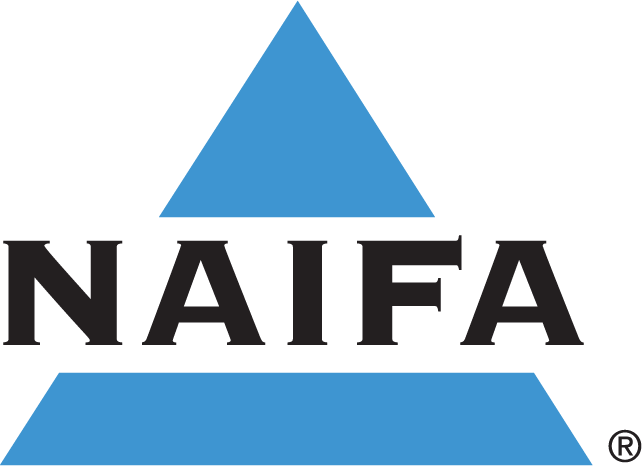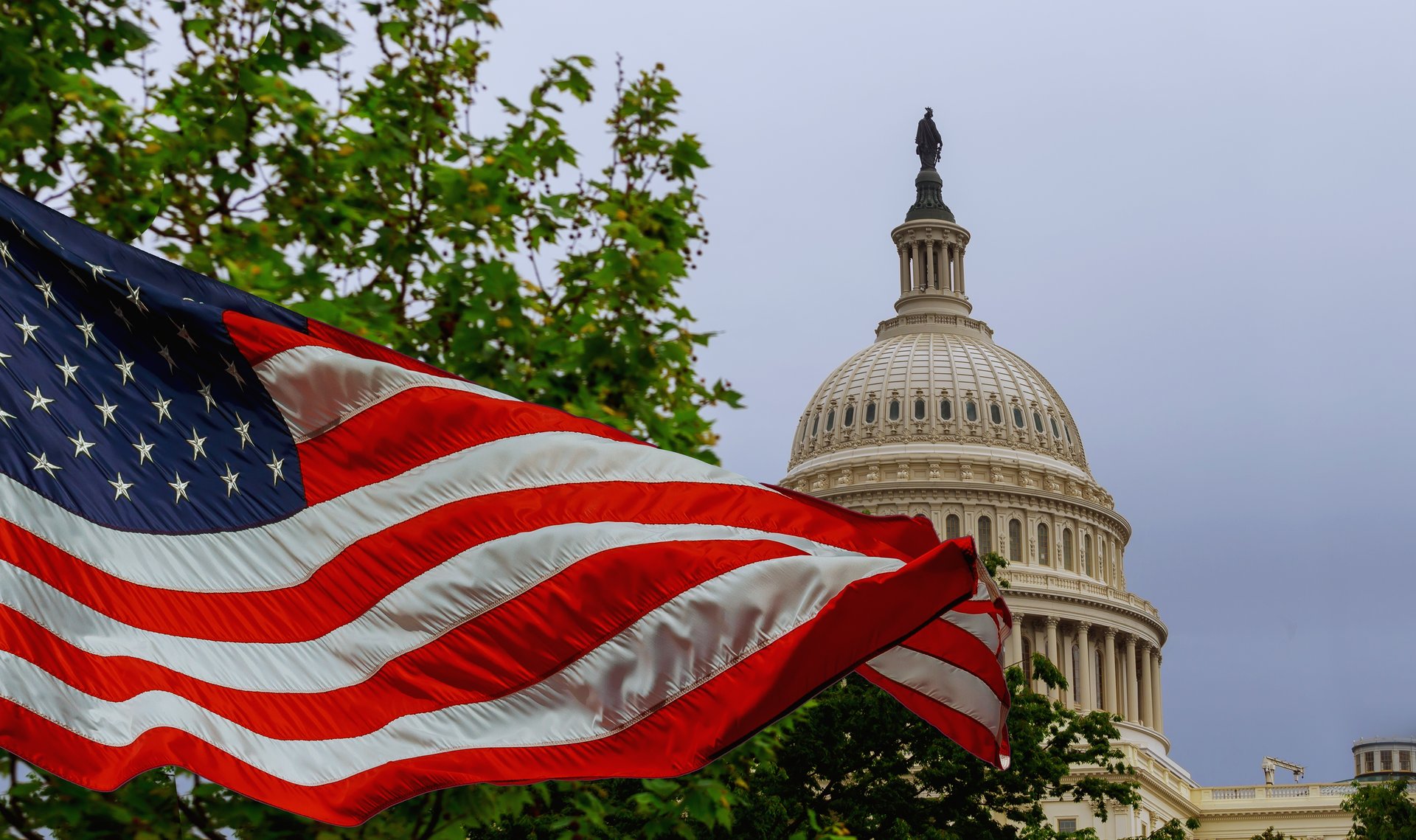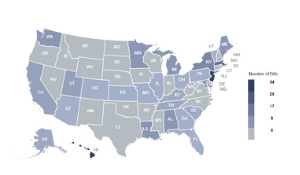While the volatile stock market remains a concern, there is a recognition that the most acute impact of COVID-19 is being felt on Main Streets around the country. NAIFA continues our work with lawmakers on crisis-related proposals to ensure the interests of NAIFA members and their Main Street clients are considered. Lawmakers are moving quickly on policies to address the coronavirus pandemic. Congress has enacted two legislative packages, and a third legislative response is underway (also see State Capitols Respond to COVID-19).
Phase 1 – Coronavirus Health Funding Signed into law March 6, 2020
The first coronavirus response law (Public Law 116-123) provided $8.3 billion in emergency funding and made $7 billion in small business loans available.
Phase 2 – Families First Coronavirus Response Act signed into law March 18, 2020
H.R. 6201 creates emergency paid leave programs to respond to the outbreak
- Private sector employers with fewer than 500 workers, government entities would have to provide as many as 12 weeks of partially paid family leave under the FMLA to care for a child whose school or daycare has closed
- Employers also would have to provide full- and part-time workers with two weeks paid sick time, including for a quarantine order or to care for another affected individual
- Labor Department could exempt small businesses with fewer than 50 workers from the paid leave requirements
- Paid leave would be financed through tax credits
- Refundable tax credits for employers to cover costs under the bill’s sick leave and family leave programs
- Would include amounts employers pay for a worker’s health insurance plan
- Similar refundable credit for self-employed workers
Phase 3 – Economic Stimulus Package
Next up is economic stabilization and aid to hard-hit industries, and impacted families and small businesses. NAIFA and other industry leaders are working with lawmakers on relief for retirement savers as well as other potential policy options of interest to NAIFA members. Senate Republicans have assembled four task forces to put together the stimulus package. The areas of focus include health issues, tax policy, small business, and major industries, such as airlines.







